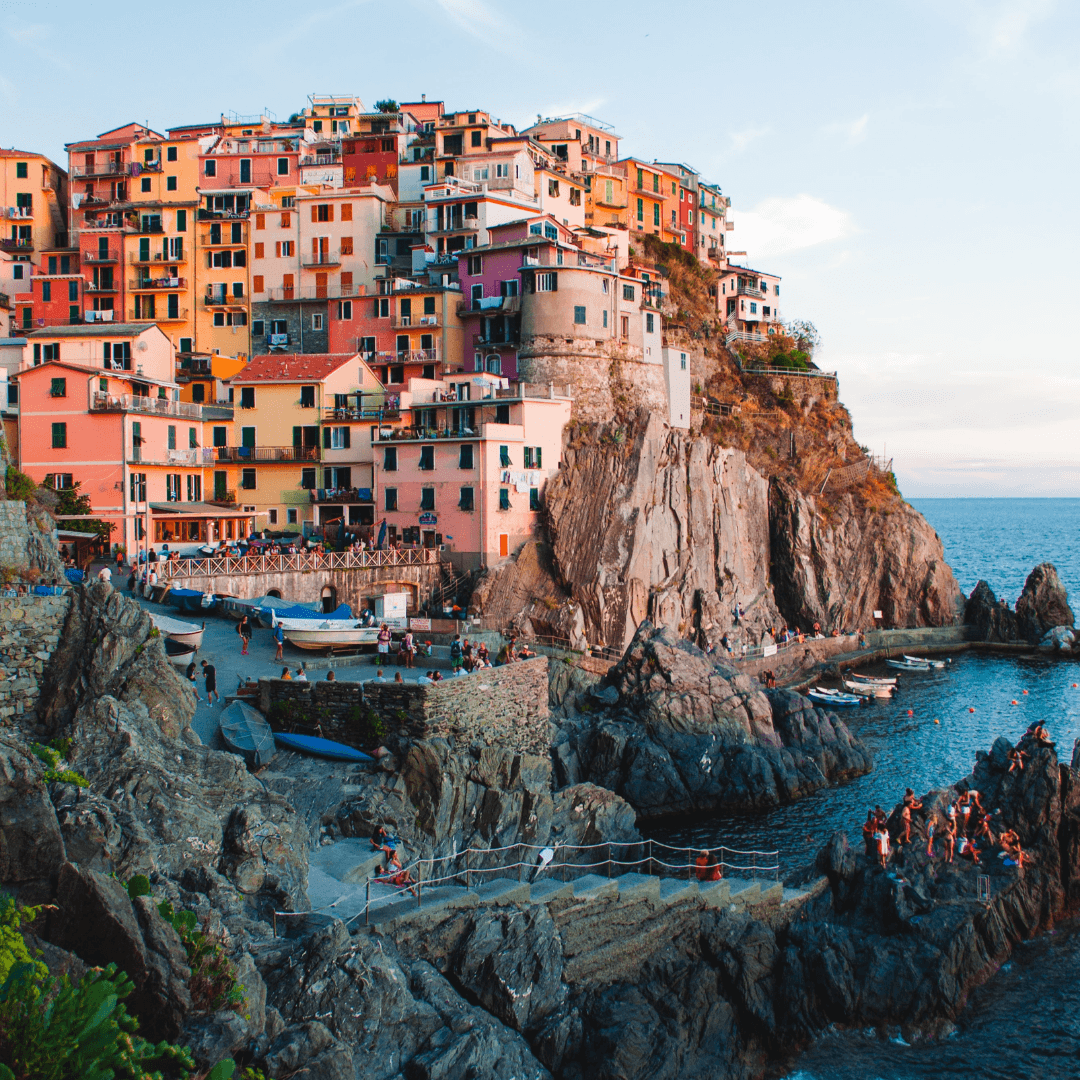
Global tourism is not having its finest moment. Airbnb makes locals angry for hiking up rents, the cruise company Carnival recently got fined $20 million for dumping its pollution, the fly-less movement has taken off and “overtourism” is on the rise at the most popular destinations.
In spite of these challenges, tourism is flourishing. Tourism accounts for a tenth of the world’s GDP and the industry grew by seven percent in 2017. Many of us wonder how we can travel ethically in spite of these challenges. Thankfully, ecotourism gives us a roadmap.
What is Ecotourism?

Ecotourism benefits
When you take part in ecotourism, you accept your role as a guest to someone else’s home and you uphold respect for that place. Ecotourism encourages visitors to connect with a place in a way that goes way beyond Instagram-worthy photo opps. You can ideally meet locals, share stories, and come home with an authentic appreciation for the place you visited. In that sense, eco-tourism tends to be a much more enriching experience than regular tourism.

How to respect and enrich local culture through ecotourism
How ecotourism can support local sustainability and conservation

Sustainable travel has become so popular that about 60 percent of all leisure travellers in the U.S. are prioritizing the environment through ecotourism on their vacations. Usually, a percent of the money earned on tours gets donated to local conservation efforts. Research the local area to find ecotours that support local nature preserves, indigenous people, or other conservation efforts such as tree planting and restoration.
How to be a DIY ecotourist
If you keep the principles of ecotourism in mind you can easily plan your own low-impact and culturally significant DIY ecotourism adventure. Here are a few ideas:
- Research the local pain points of an area. Learn the mistakes tourists have made in the past and avoid them.
- If you are traveling from the U.S. to developing countries, be aware of your privilege and respect the local economy. Understand that a fair price may sometimes cost more than you expect.
- Research and visit UNESCO Cultural Heritage Sites.
- Go on day trips or guided hikes through nature preserves.
- Use sites like iNaturalist or Plantnet to identify local flora.
- Don’t buy wildlife products or take animal rides to protect local species.
- Go by foot, bike, or bus to reduce your transportation footprint.
- Find smaller “mom and pop” restaurants for a local dining experience.
- Purchase one-of-a-kind local handicrafts from artisans.
- Follow the local bathroom and water customs. If they don’t flush toilet paper down the toilet, respect the rules.
- Try going smartphone free for a day and reduce your electricity use.
- Dare to live off the grid on vacation.
- Make new friends. Politely ask questions and stay open minded. You never know who you’ll meet or what you’ll find out.
- Travel closer to home this summer to cut down on carbon emissions.






